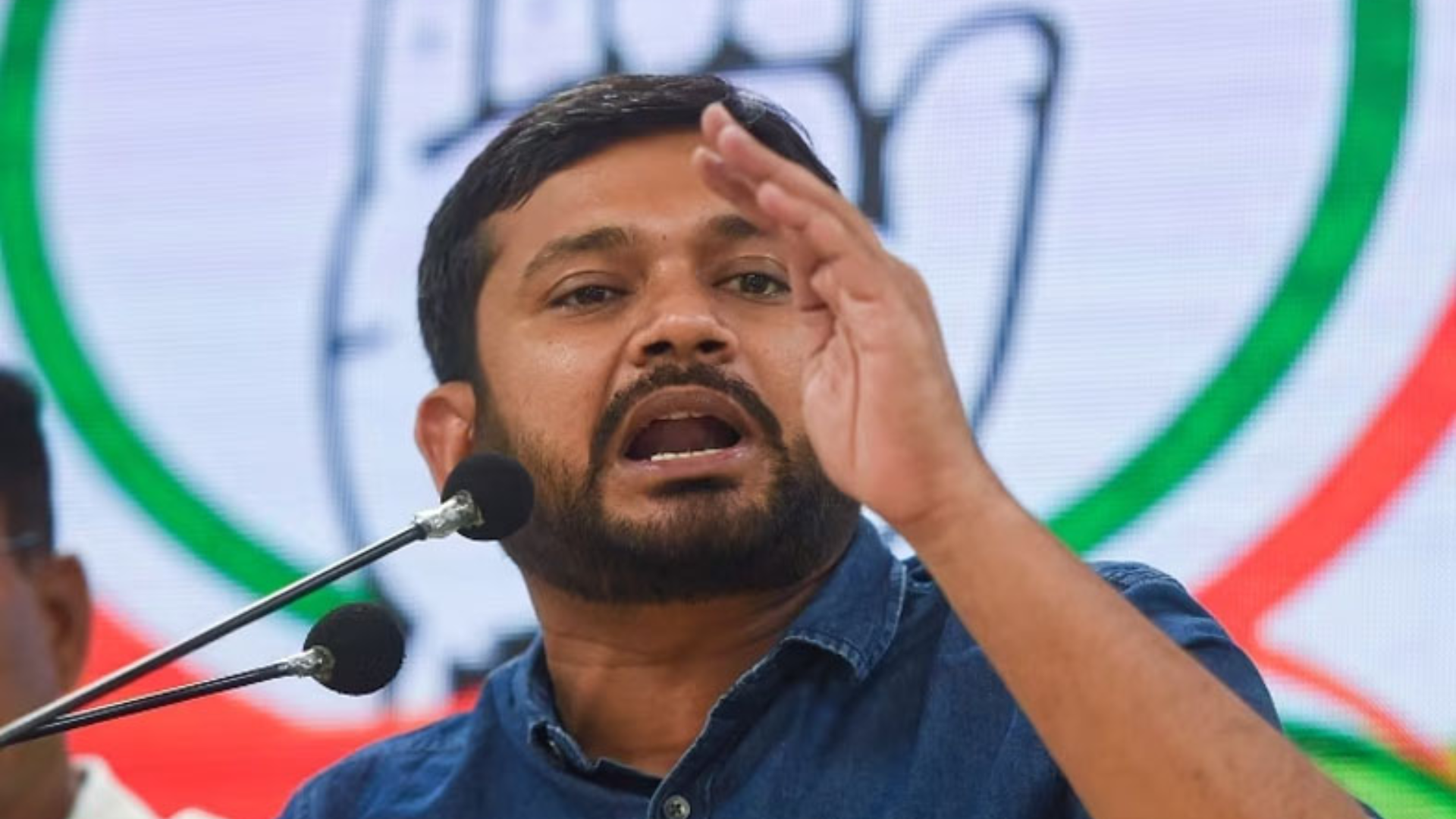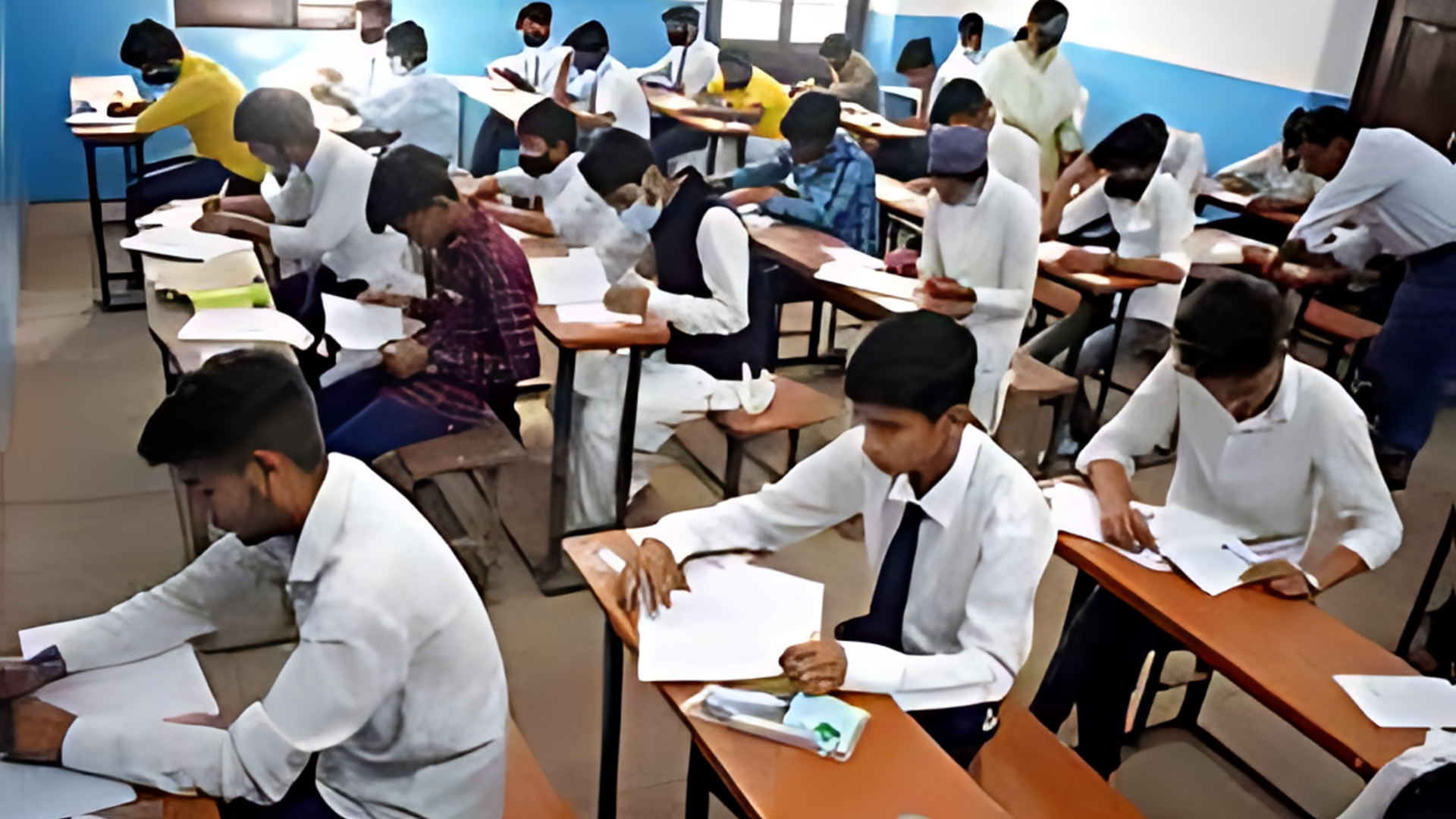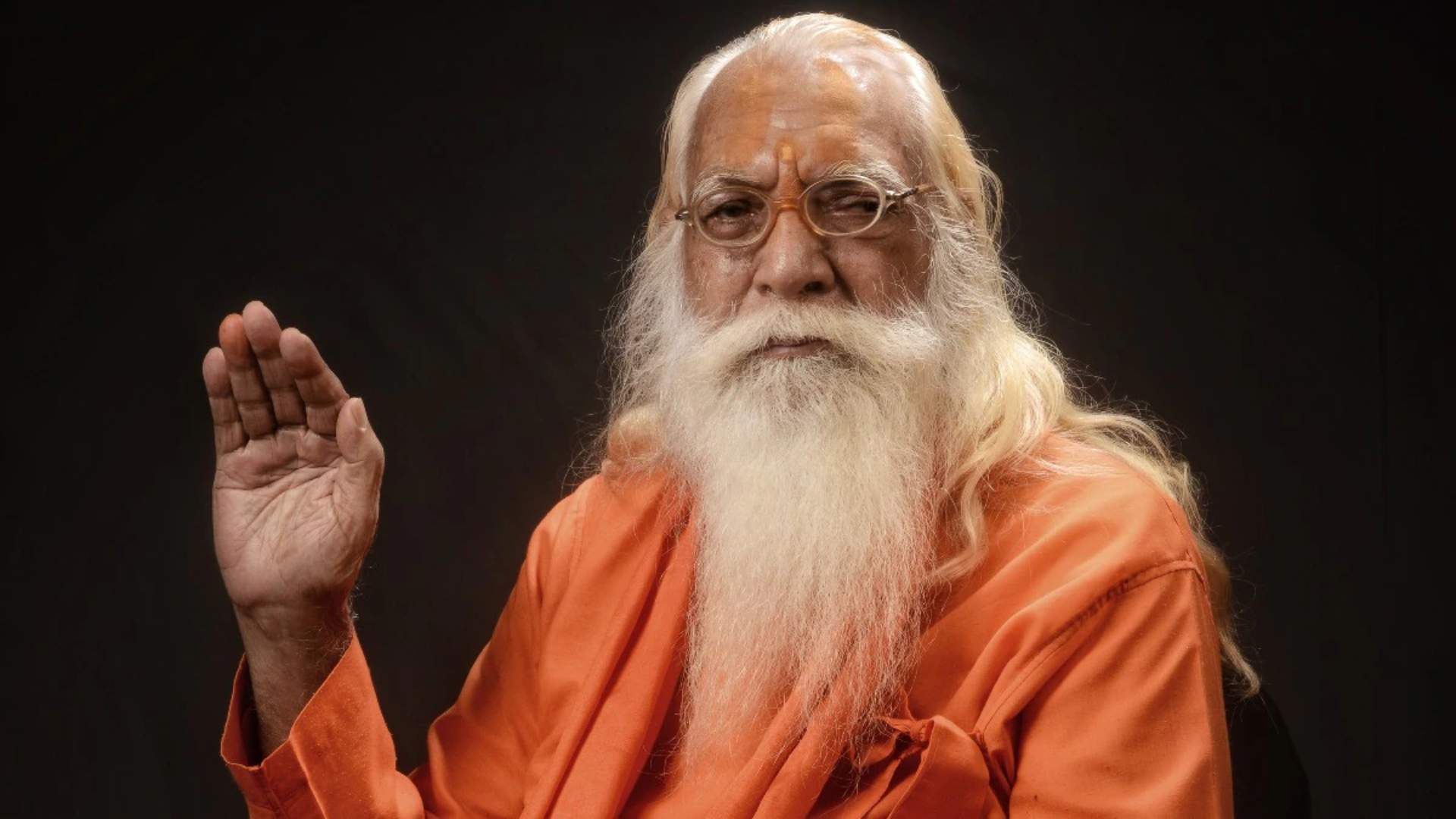


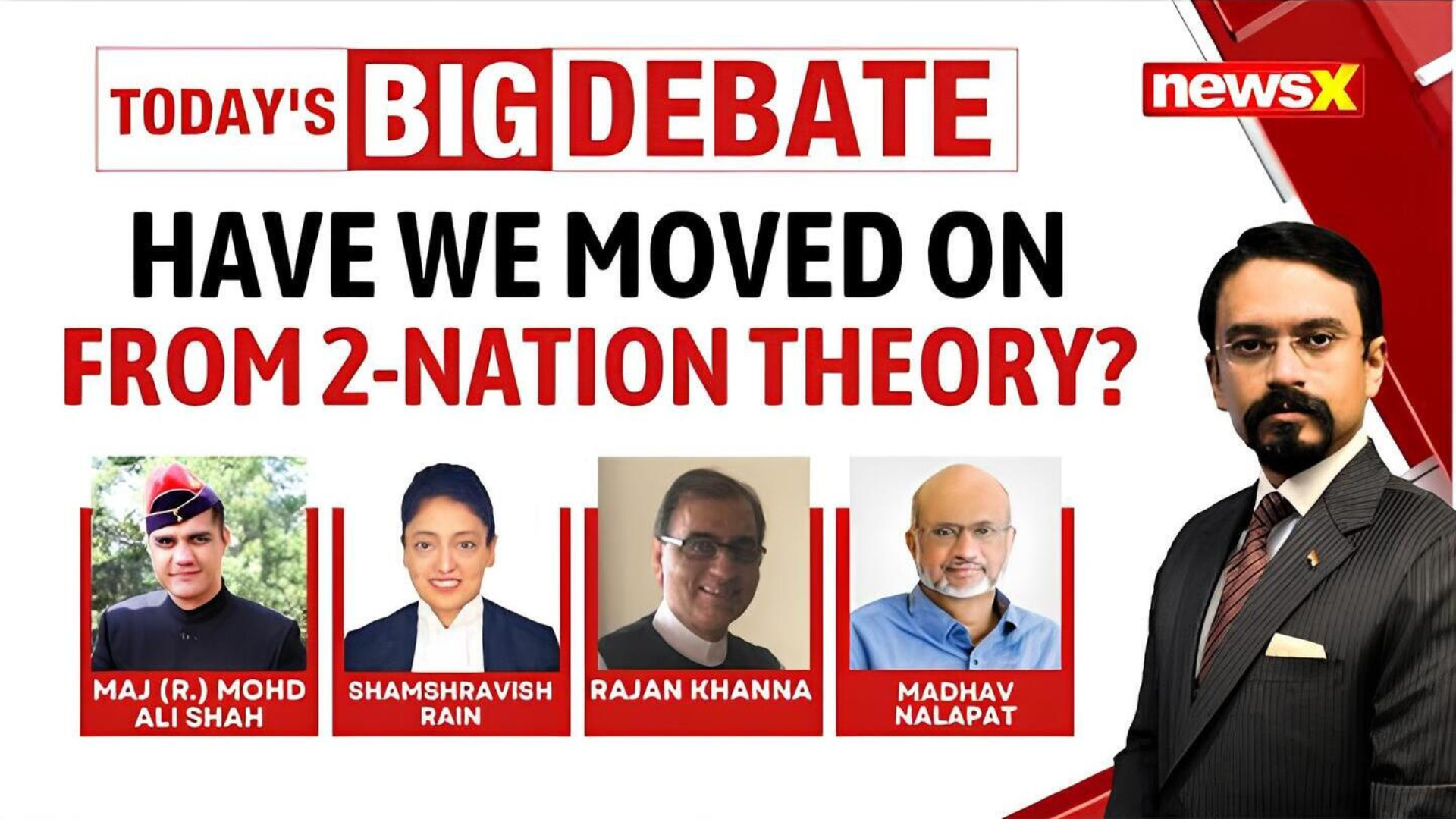
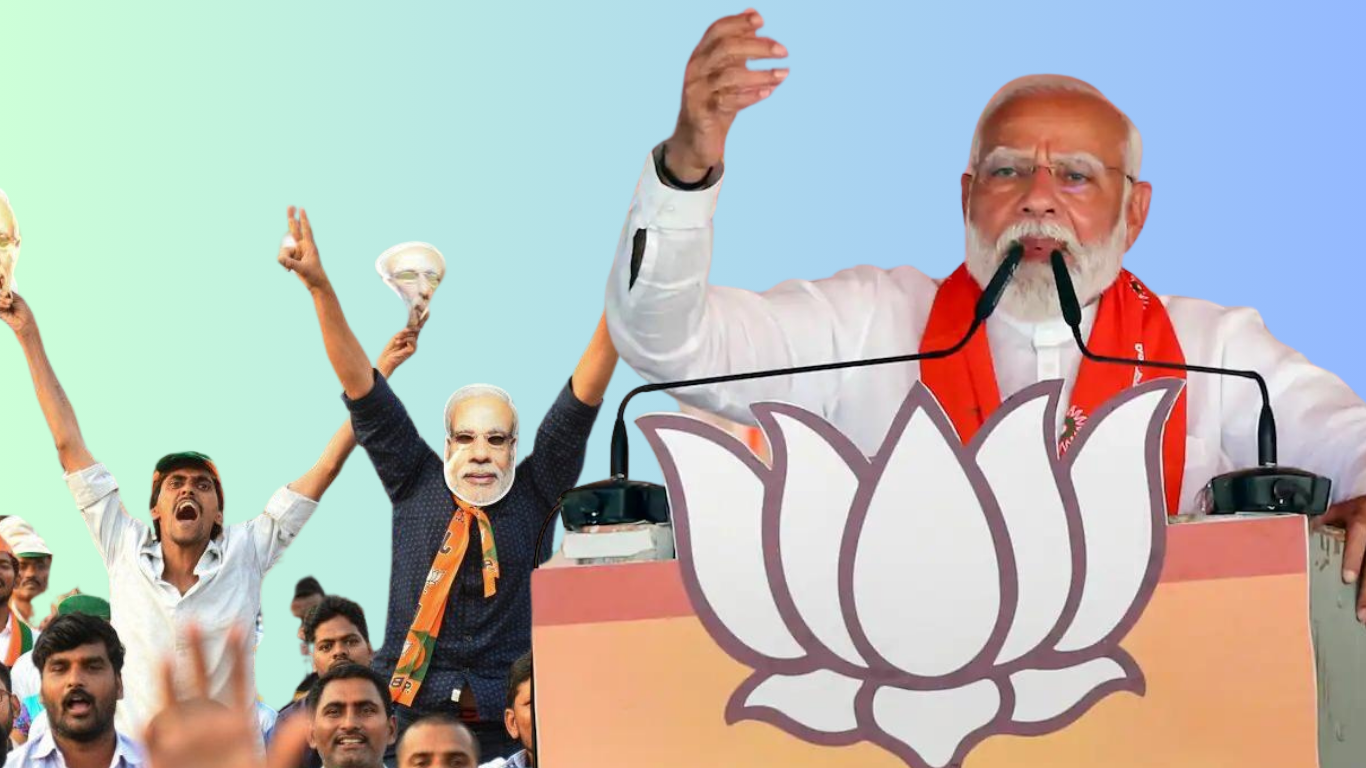
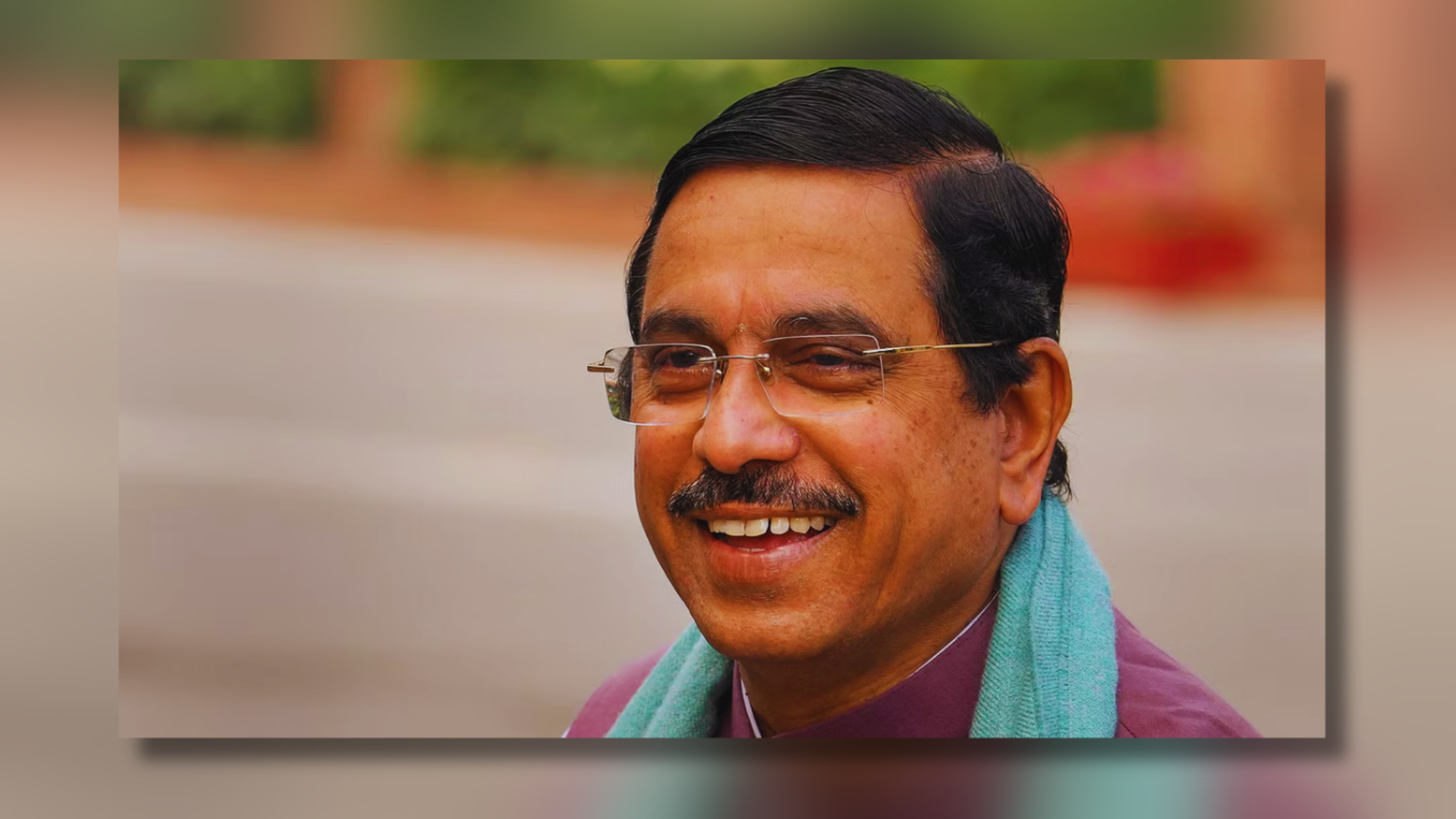
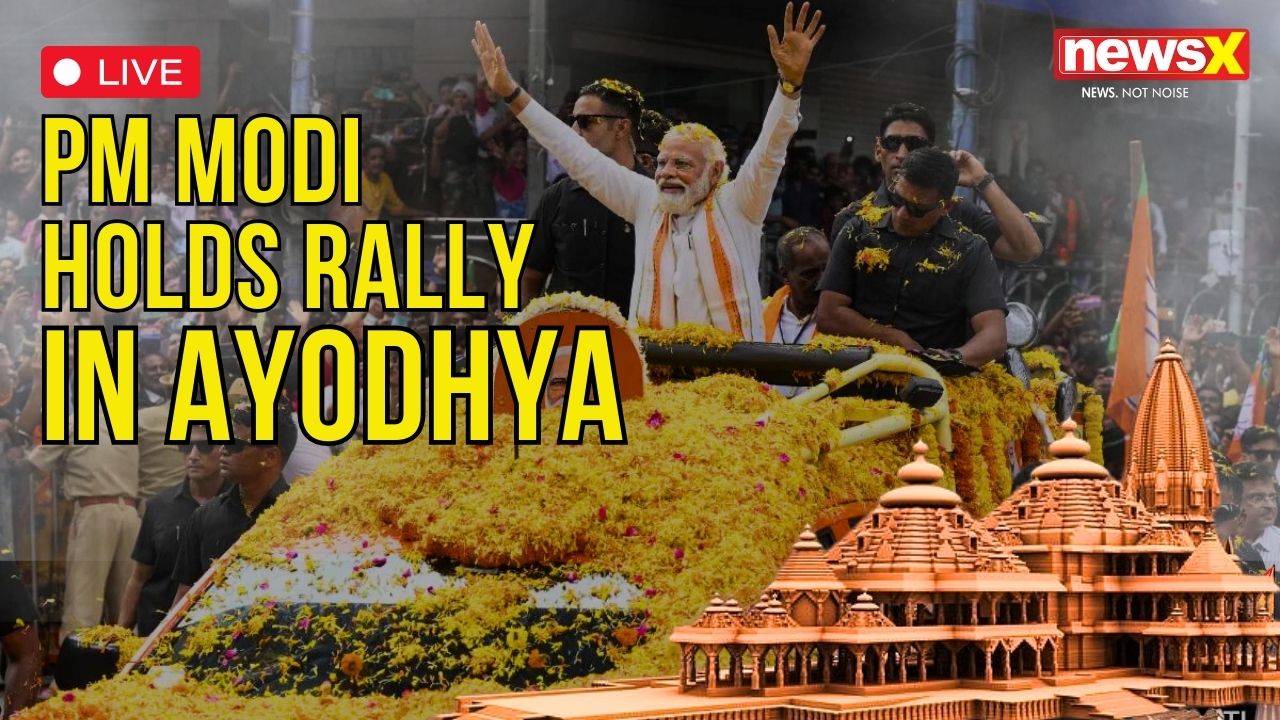
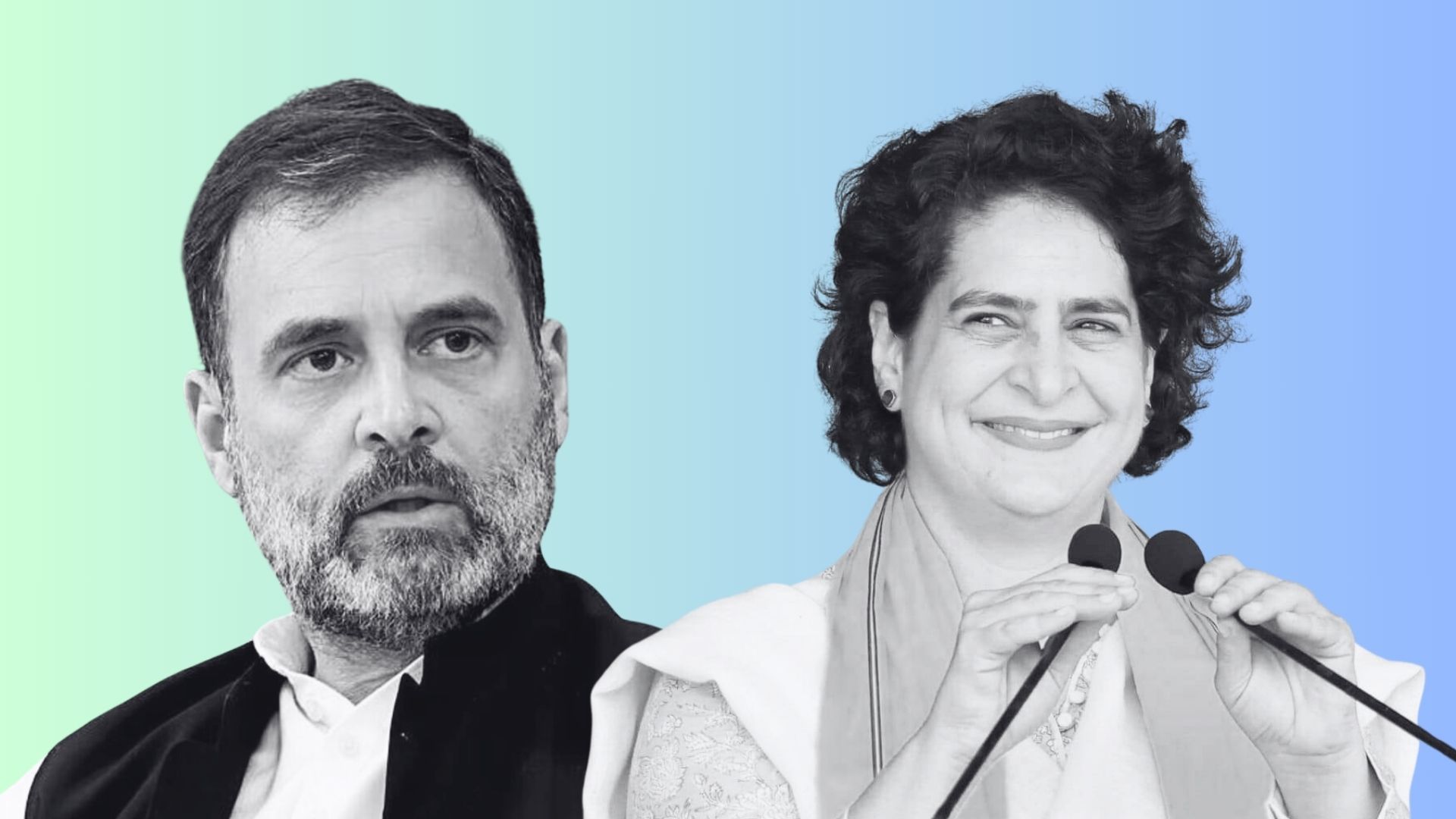
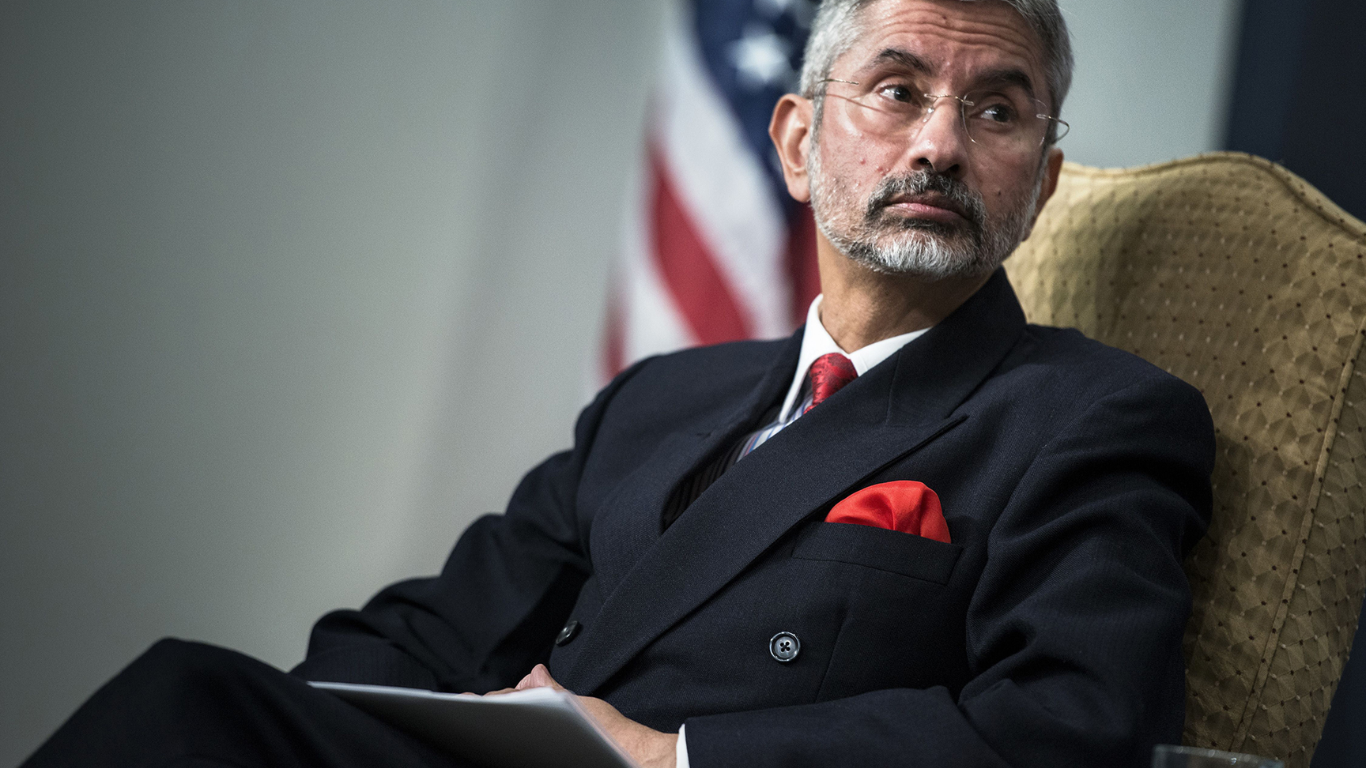
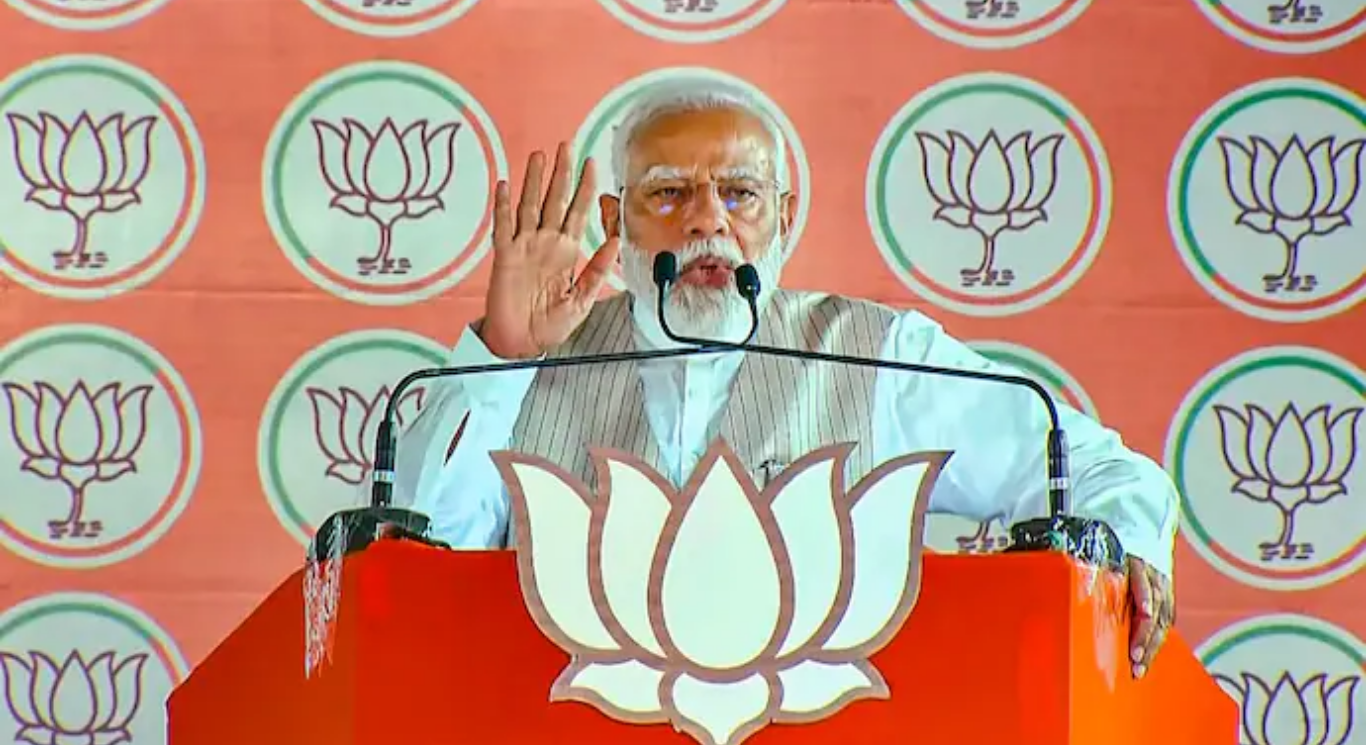
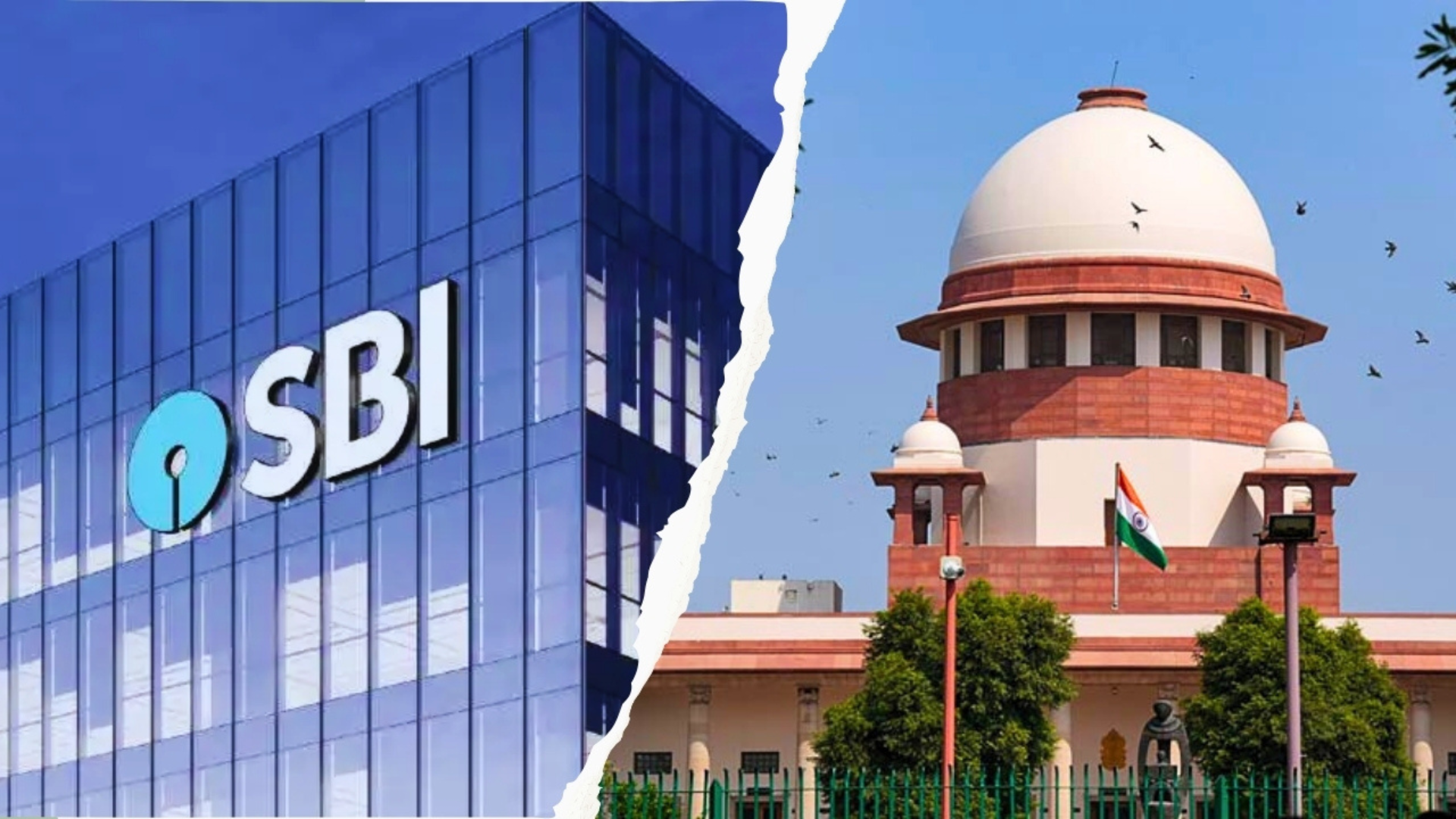
The Supreme Court has rejected the State Bank of India’s (SBI) request for an extension to disclose details of the electoral bonds scheme, instructing the bank to share the information with the Election Commission of India (ECI) by tomorrow. The ECI has been directed to publish the details on its website by 5 pm on Friday. The court has warned of contempt proceedings against the government-run bank if it fails to provide the information by the stipulated time.
Earlier, the SBI had sought more time to disclose details of the now-scrapped electoral bonds scheme, and the Supreme Court questioned the bank’s actions over the past 26 days. The SBI had requested an extension until June 30 to comply with the court’s directive to disclose the details by March 13.
In a landmark verdict on February 15, the Supreme Court had scrapped the electoral bonds scheme and mandated the Election Commission to make donation details public by March 13. The SBI’s plea for more time was contested by the Association for Democratic Reforms (ADR), one of the petitioners challenging the electoral bonds scheme introduced by the Narendra Modi government in 2017.
During the hearing, Senior Advocate Harish Salve, representing the SBI, stated that the bank had followed an SOP to store information about the electoral bonds scheme outside the core banking system. The bank needed additional time to comply with the order, citing the need to collate information and reverse the entire process. Chief Justice of India DY Chandrachud noted that donor details were kept in a sealed cover in a Mumbai branch of the bank.
Justice Sanjiv Khanna emphasized that the bank simply needed to open the sealed cover, collate the details, and provide the information. The Chief Justice questioned the bank’s actions in the past 26 days since the verdict, emphasizing the need for transparency and compliance with the judgment.
The SBI argued that the process would take three more months, citing the need to avoid mistakes and potential legal repercussions from donors. The bank asserted that the process was designed to prevent leaks.
The Supreme Court’s February 15 judgment declared the electoral bonds scheme “unconstitutional” and ruled that it violated citizens’ right to information. The court ordered the SBI to disclose all electoral bond transactions details to the Election Commission, a directive that the bank sought more time to fulfill. The court has now reaffirmed its stance, emphasizing the need for the bank to comply with its judgment.





